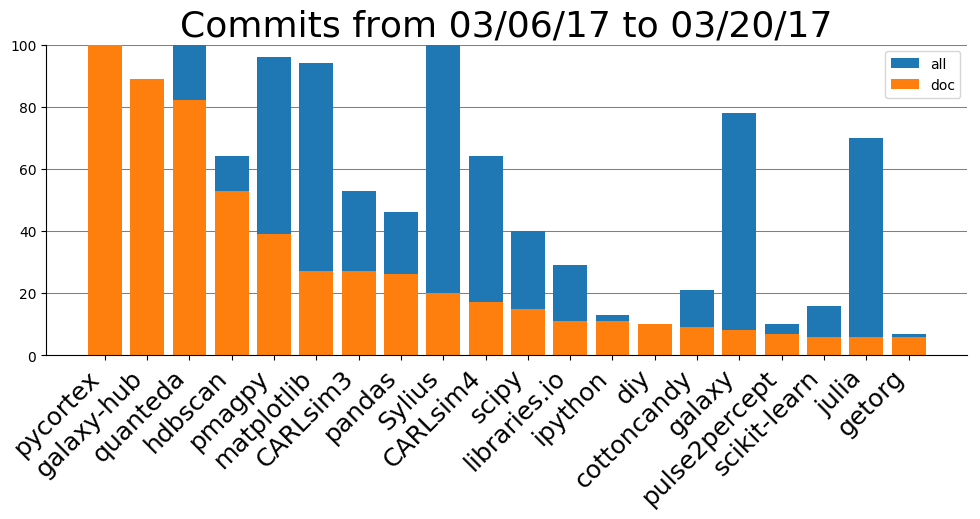Technical writers are the unsung heroes of digital sustainability. Let's check the quality of READMEs, manuals and in-line documentation, set up workflows for testing documentation coverage in open source projects, and promote the idea of a "Documentathon": a hackathon for documentation writing - or Docathon, for short.
This challenge came out of a recent CH Open workshop that is described in Oleg's blog. The generative image above of a 'lonely documentation king in the data center' is also from there. It is inspired by Docathons in the Python data science community.
🧊 Quickstart
In just 15 minutes, you could contribute a new example or a screencast - that's the 🟢 green challenge below. If you are willing to dig into the source code, you could try to improve 🔵 docstrings and code comments, as well as giving the authors and maintainers valuable feedback. You could even work on automated tooling to help with creating more ⚫ effective documentation.
{ hacknight challenges }
To begin with, find a project that could use some 💙 documentation love. Look up something you heard about at DINAcon - check the comments below for ideas, go through the other challenges here, look up open source projects you use & follow, community tags like #help-wanted, etc.
Go through the documentation yourself. See if there is already a discussion open about improving the documentation. Leave a comment, or start a new issue with improvement suggestions. Practice sharing great feedback with a constructive message about how the project speaks to you.
Work on some open source documentation, start a Pull Request with your contributions. Leave a comment here with the link. See PyTorch blog and Encouraging users at the original Docathon page for more tips on getting started.
See how the interrogate project helps to identify gaps in the documentation, codecrumbs beautifully annotates it, while the hermes tool collects structured feedback. Try this, or another automated method - a CI tool like Deepsource, an open source LLM, or one of the many other awesome docs tools. Ask if your docs are "beautifully integrated" (Breathe) into your source. Think about ways to analyze, highlight and recognize the documentation work in open source.
Share your experiences with us at DINAcon - please leave a comment if you'd like to organise a Docathon in the future at your workplace, and we'll be happy to support you in any way.

Screenshot of a Deepsource analysis of Dribdat

Dashboard of Docathon projects
Previous
HACKnight 2024
Next project


 NEWBIE challenges about becoming a user of a product/project and learning the ropes.
NEWBIE challenges about becoming a user of a product/project and learning the ropes. INTERMEDIATE tasks for people with experience in the project and/or the technical domains involved.
INTERMEDIATE tasks for people with experience in the project and/or the technical domains involved. EXPERT challenges will include things like security testing, performance optimisation and other advanced topics.
EXPERT challenges will include things like security testing, performance optimisation and other advanced topics.